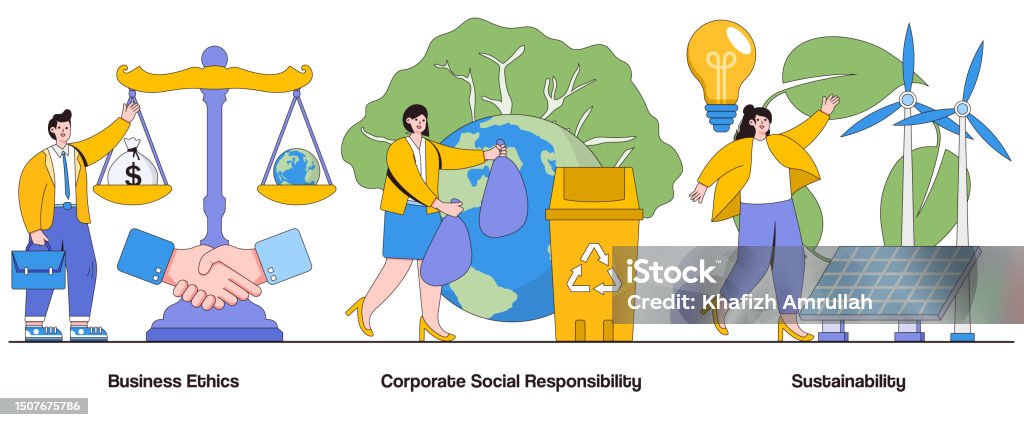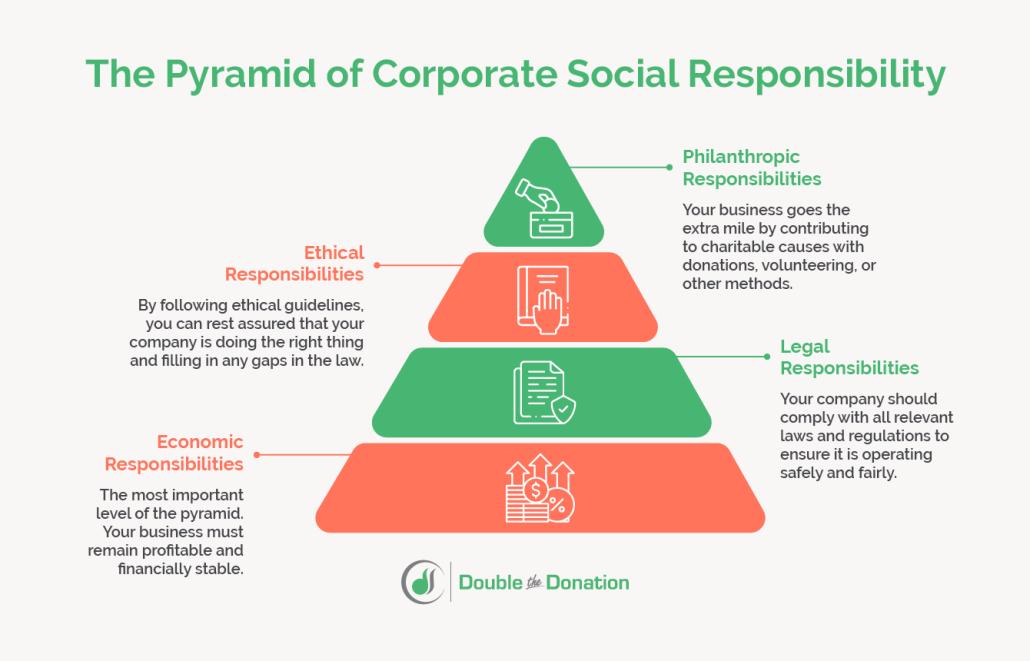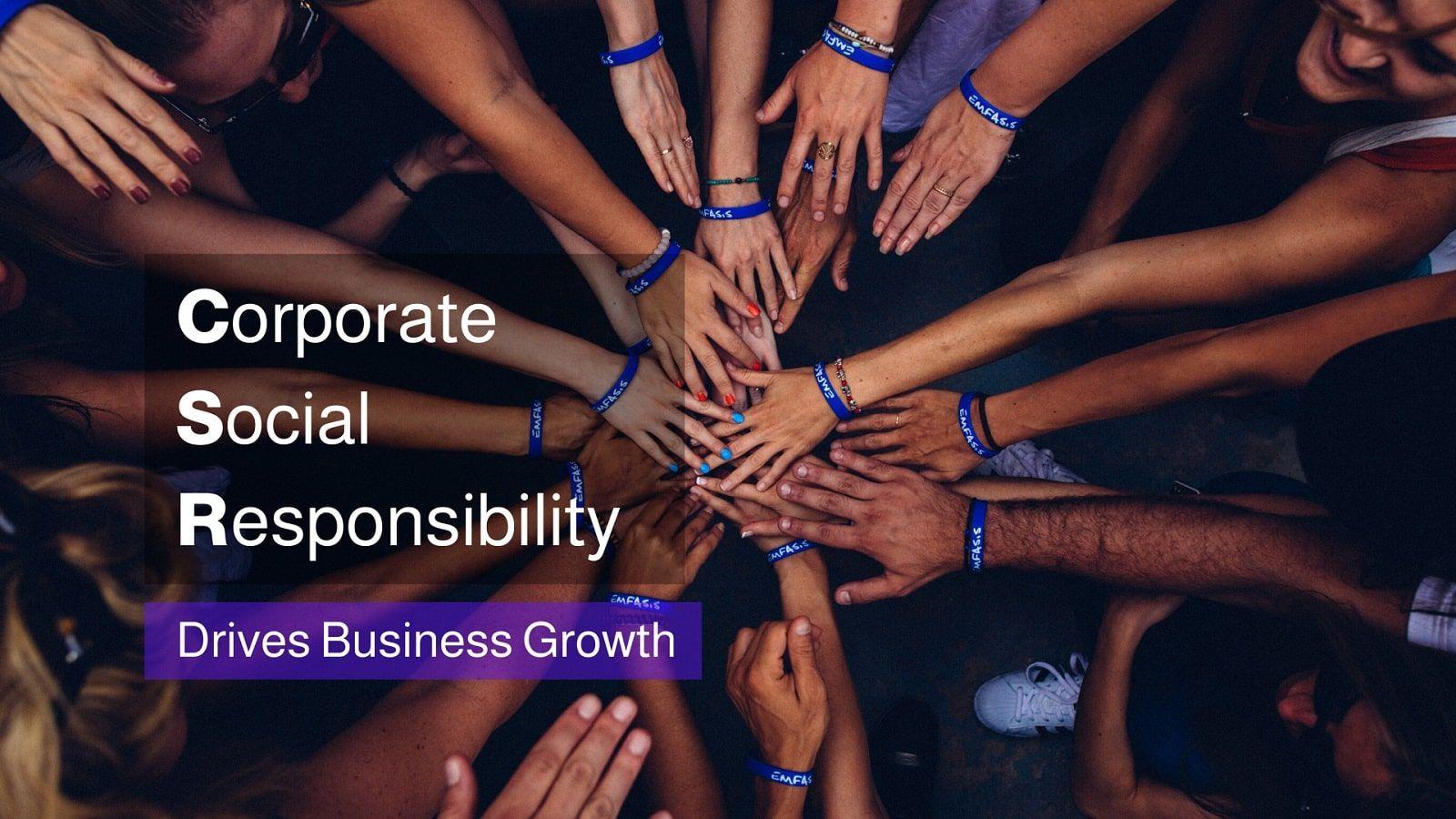All Else Being Equal Socially Responsible Firms
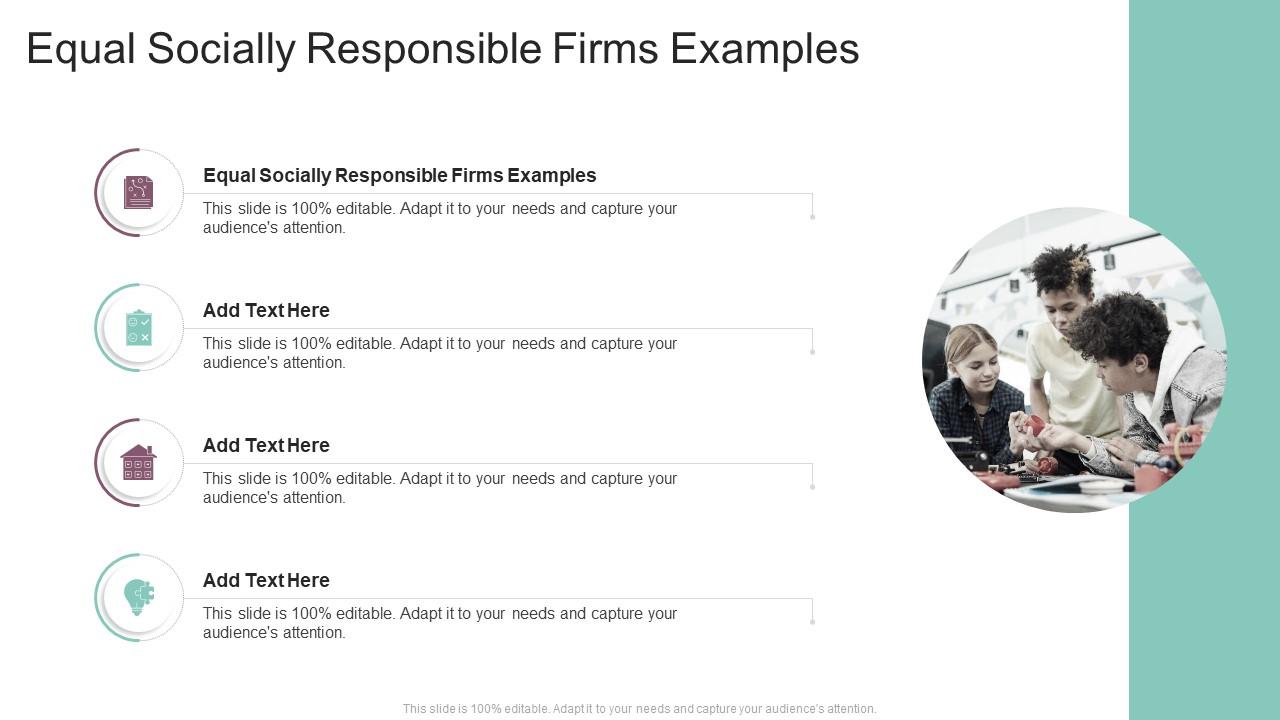
The relentless pursuit of profit often overshadows a crucial element of business: social responsibility. But in an era defined by heightened awareness of environmental degradation, social injustice, and corporate accountability, are socially responsible firms truly able to compete on a level playing field? The answer, it seems, is complex and fraught with challenges, demanding a deeper examination of the costs, benefits, and inherent biases within the market itself.
This article delves into the realities faced by socially responsible firms when all else is equal. It explores whether ethical practices and sustainable initiatives can truly coexist with the cutthroat demands of market competition. The analysis considers the financial implications, consumer behavior, and potential regulatory interventions that shape the landscape for businesses committed to doing well by doing good.
Defining Social Responsibility in a Competitive Market
Socially responsible firms integrate environmental, social, and governance (ESG) factors into their business models. This encompasses a wide range of activities, from reducing carbon emissions and ensuring fair labor practices to promoting diversity and contributing to local communities. The core philosophy revolves around creating value for all stakeholders, not just shareholders.
However, the competitive market often prioritizes short-term profits and shareholder value. This can create a significant disadvantage for socially responsible firms that may incur higher costs associated with ethical sourcing, sustainable production methods, and employee well-being initiatives.
The Cost Conundrum: Ethical Practices and the Bottom Line
One of the most significant hurdles faced by socially responsible firms is the cost of implementing ethical practices. Sustainable materials, fair wages, and rigorous environmental standards often translate to higher production costs compared to companies that prioritize cost-cutting measures, even if they come at the expense of ethical considerations.
This price difference can make it difficult for socially responsible firms to compete with less scrupulous competitors, especially in price-sensitive markets. Consumers may be willing to support ethical brands, but their willingness to pay a premium has limits, particularly during times of economic uncertainty.
The Challenge of Quantifying Intangible Benefits
Socially responsible practices often yield intangible benefits, such as enhanced brand reputation, increased employee morale, and stronger customer loyalty. However, these benefits can be difficult to quantify and translate into tangible financial gains. This makes it challenging to justify the additional costs associated with social responsibility to investors who primarily focus on financial performance.
Furthermore, the long-term benefits of sustainability initiatives, such as reduced resource consumption and improved risk management, may not be immediately apparent in financial statements. This can deter companies from investing in socially responsible practices, even if they recognize their long-term value.
Consumer Behavior: Intentions vs. Actions
Surveys consistently show that a significant portion of consumers express a preference for socially responsible products and brands. However, this intention often fails to translate into actual purchasing behavior.
Price, convenience, and availability often outweigh ethical considerations when consumers make purchasing decisions. This is particularly true for essential goods and services where consumers are more likely to prioritize affordability over ethical sourcing.
"The disconnect between stated preferences and actual purchasing behavior remains a significant challenge for socially responsible firms." - Harvard Business Review
The Role of Transparency and Trust
Consumers are increasingly skeptical of corporate claims of social responsibility. Greenwashing, the practice of exaggerating or falsely promoting environmental benefits, erodes trust and makes it difficult for genuine socially responsible firms to stand out.
Transparency is crucial for building trust and convincing consumers that a company's ethical claims are legitimate. Clear and verifiable information about sourcing, production processes, and social impact can help consumers make informed purchasing decisions and reward socially responsible firms with their business.
The Regulatory Landscape: Leveling the Playing Field?
Government regulations can play a critical role in leveling the playing field for socially responsible firms. Carbon taxes, stricter environmental standards, and mandatory reporting requirements can incentivize companies to adopt more ethical and sustainable practices.
However, the effectiveness of regulations depends on their enforcement and scope. Weak regulations or lax enforcement can create loopholes that allow less scrupulous companies to gain a competitive advantage. International coordination is also essential to prevent companies from relocating to countries with weaker regulations.
The Potential of ESG Investing
ESG investing, which considers environmental, social, and governance factors in investment decisions, is gaining momentum. This trend is putting pressure on companies to improve their ESG performance and providing a financial incentive for socially responsible practices.
However, concerns remain about the standardization and comparability of ESG ratings. Different rating agencies use different methodologies, which can lead to conflicting assessments of a company's ESG performance. This lack of consistency can make it difficult for investors to make informed decisions.
The Future of Socially Responsible Business
The future of socially responsible business hinges on a combination of factors: increased consumer awareness, stricter regulations, and the continued growth of ESG investing. As consumers become more informed and demanding, companies will face increasing pressure to adopt ethical and sustainable practices.
Furthermore, technological innovations, such as blockchain and artificial intelligence, can enhance transparency and traceability in supply chains, making it easier for consumers to identify and support socially responsible products. Ultimately, the success of socially responsible firms depends on creating a business environment where ethical practices are not just a cost of doing business, but a source of competitive advantage.
While the challenges are significant, the growing awareness of social and environmental issues suggests that the demand for socially responsible products and services will continue to rise. Companies that prioritize ethics and sustainability are positioning themselves for long-term success in a world increasingly focused on purpose and impact.

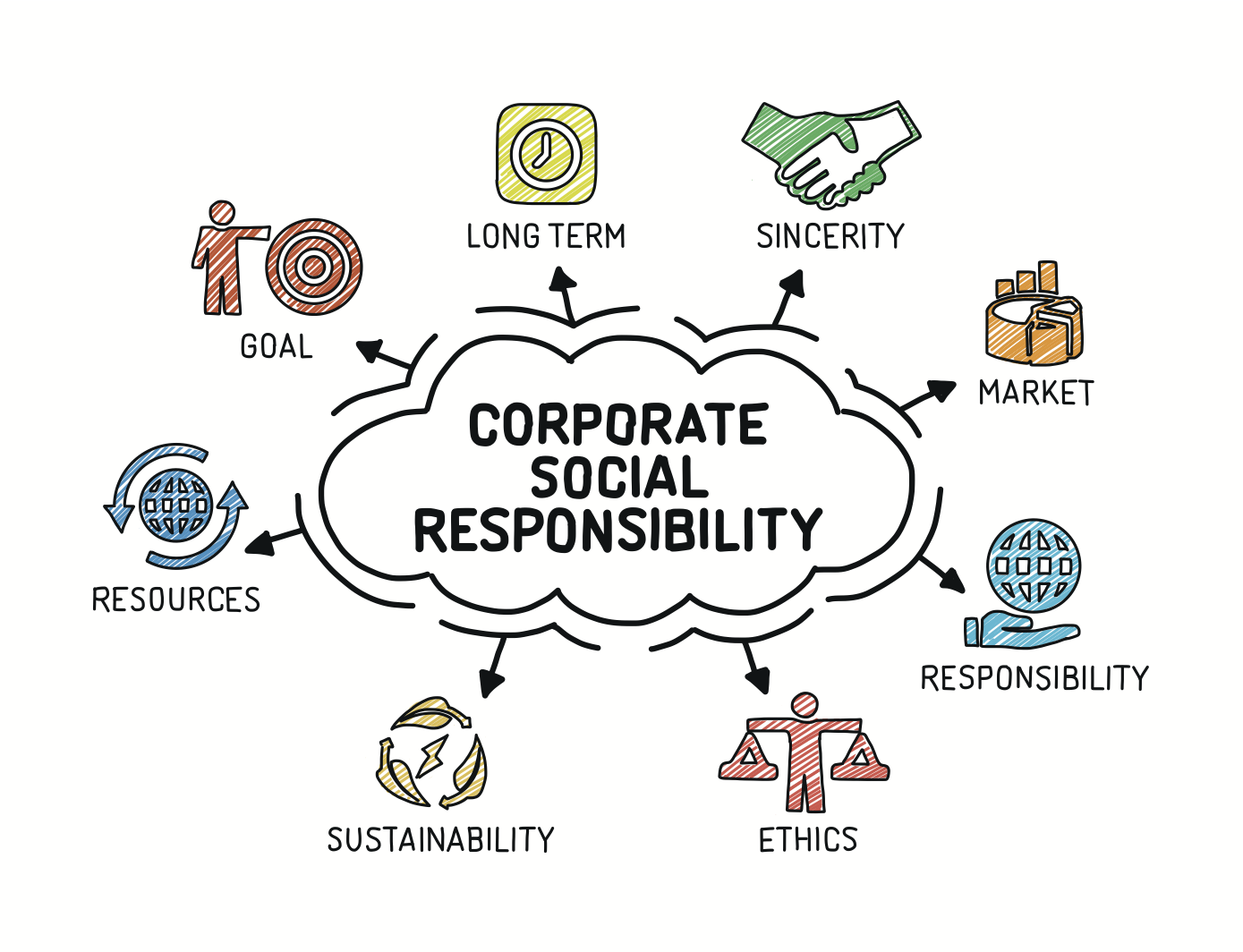

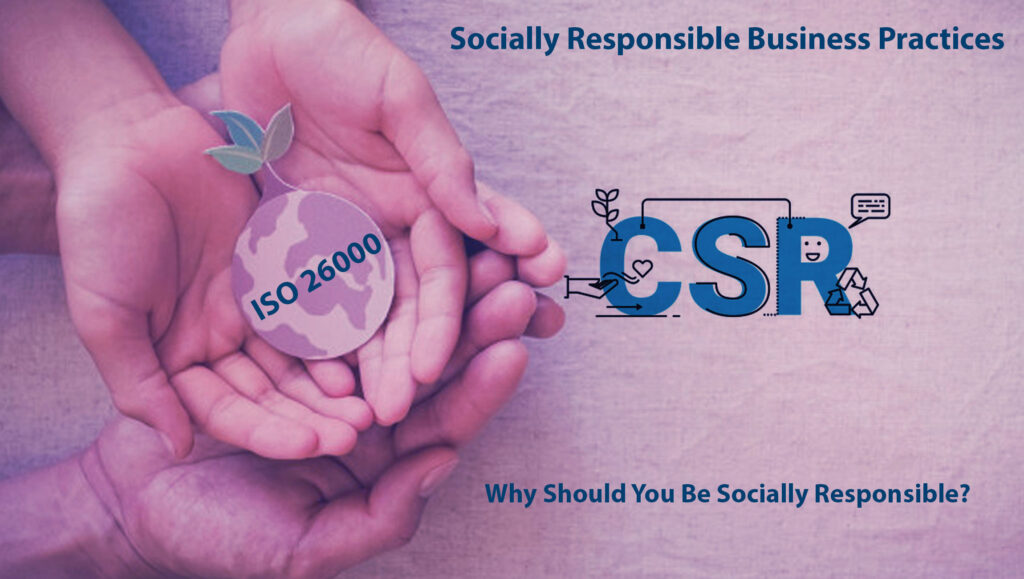
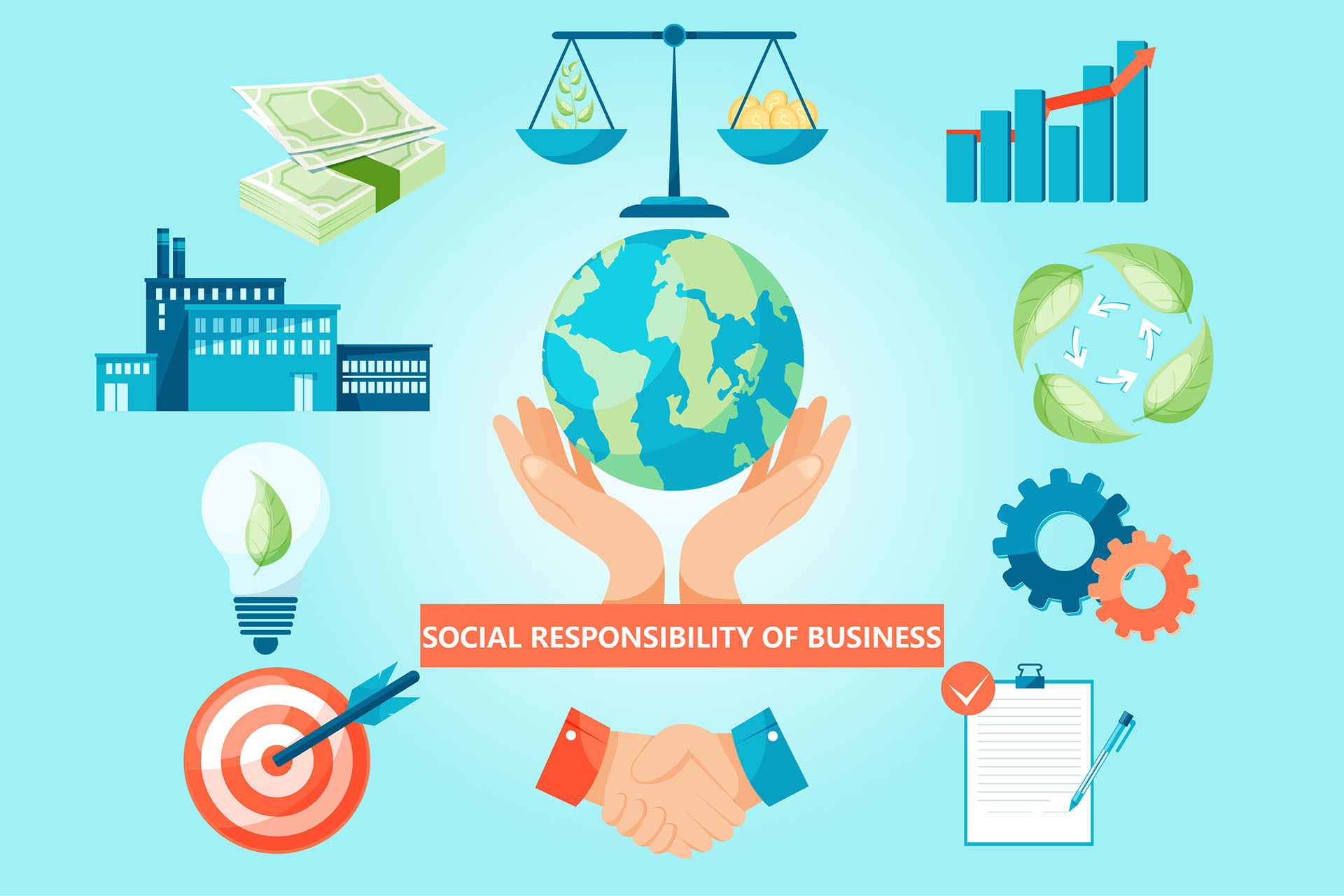
:max_bytes(150000):strip_icc()/Socialresponsibility-ebcbc38e095840d59226dc3b0e2c2abb.jpg)
 (16).jpg)

